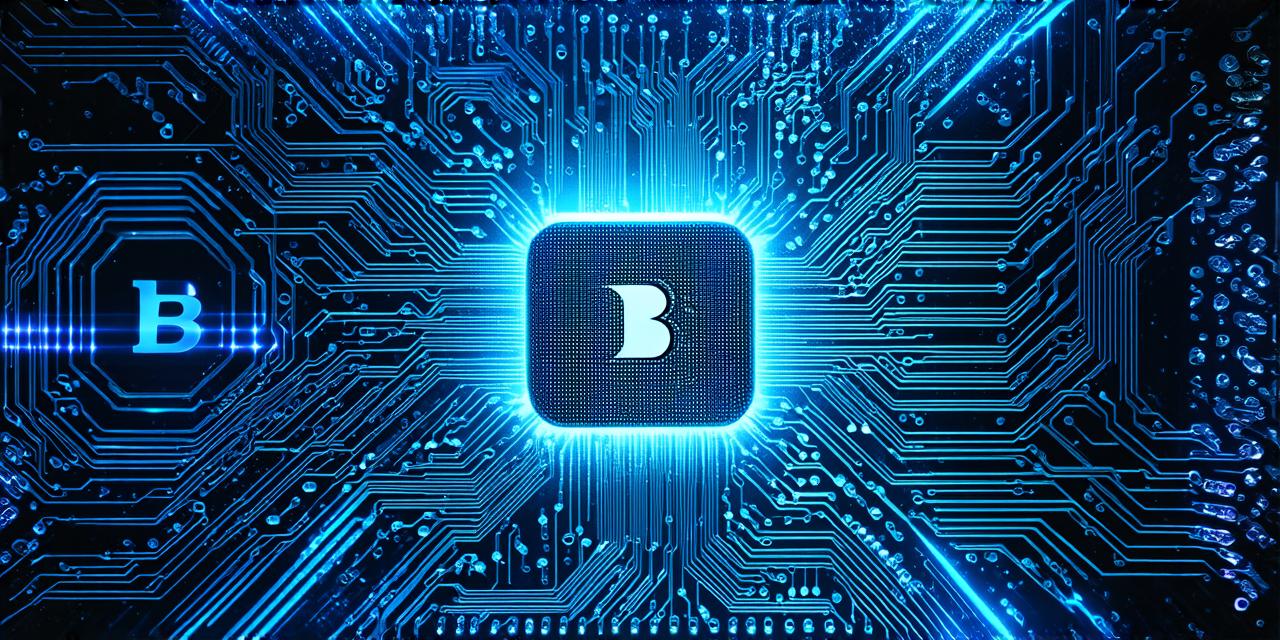Smart contracts are self-executing digital programs that run on a blockchain network. These programs automatically enforce the terms of an agreement between two or more parties, without the need for intermediaries like lawyers or banks.
Overview of Smart Contracts
Smart contracts were first introduced in 2008 by Nick Szabo, who proposed a decentralized system for tracking ownership of digital assets, such as domain names and intellectual property. Since then, smart contracts have become an essential part of blockchain technology, allowing for the creation of trustless, transparent, and immutable systems that can automate complex processes without intermediaries.
Smart contracts are written in programming languages like Solidity, Java, or Python and stored on a blockchain network, such as Ethereum. They consist of a series of rules that define how the contract operates and what actions it can take when certain conditions are met. These rules are coded into the contract, along with the data needed to execute them, and are then deployed on the blockchain network.
Once a smart contract is deployed, it becomes a self-executing program that can enforce the terms of an agreement between two or more parties. For example, a smart contract could be used to automate the process of issuing a stock in a company, transferring ownership of property, or even settling a dispute between two parties.
How Smart Contracts Work
Smart contracts work by executing pre-defined rules that are coded into the contract. These rules are triggered when certain conditions are met, such as the exchange of funds or the delivery of goods. Once the rules are executed, the smart contract automatically performs the necessary actions to enforce the terms of the agreement.
One of the key features of smart contracts is their immutability. Once a smart contract is deployed on a blockchain network, it cannot be changed without consensus among all parties involved. This ensures that the terms of the contract are transparent and trustworthy, and reduces the need for intermediaries to verify transactions.
Smart contracts also provide transparency by allowing all parties involved in an agreement to view the details of the contract on the blockchain network. This allows for greater accountability and makes it easier to track the progress of a transaction or dispute resolution process.
Role of Smart Contracts in Blockchain Technology
Smart contracts play a crucial role in blockchain technology by providing a way to automate complex processes without intermediaries. This has several benefits, including increased efficiency, reduced costs, and improved security.
One of the key benefits of smart contracts is that they can automate many of the tasks typically performed by lawyers or banks. For example, a smart contract could be used to automatically issue a stock in a company, transfer ownership of property, or settle a dispute between two parties. This can significantly reduce the time and cost associated with these processes.
Smart contracts also provide improved security by reducing the need for intermediaries. Since all parties involved in an agreement can view the details of the contract on the blockchain network, it is much harder for fraudulent activity to go unnoticed. Additionally, smart contracts are designed to be self-executing, so even if one party attempts to breach the terms of the agreement, the smart contract will automatically enforce the rules and prevent any further action.
Real-Life Examples of Smart Contracts in Action
There are many real-life examples of smart contracts in action, including:
Decentralized Autonomous Organizations (DAOs):
These are organizations that are run by a decentralized network of members, rather than a central authority. DAOs use smart contracts to automate decision-making and governance processes, making them more efficient and transparent.
Supply Chain Management:
Smart contracts can be used to track the movement of goods through a supply chain, ensuring that all parties involved in the process have access to the same information. This can help to reduce fraud and improve transparency.
Voting Systems:
Smart contracts can be used to create secure and transparent voting systems, allowing for real-time counting of votes and reducing the potential for fraud.
Real Estate Transactions:

Smart contracts can be used to automate the process of issuing deeds and transferring ownership of property, making it easier and faster for buyers and sellers to complete transactions.
FAQs
Q: What is a smart contract?
A: A smart contract is a self-executing digital program that runs on a blockchain network and automatically enforces the terms of an agreement between two or more parties.
Q: How do smart contracts work?
A: Smart contracts work by executing pre-defined rules that are coded into the contract, which are then triggered when certain conditions are met. Once the rules are executed, the smart contract automatically performs the necessary actions to enforce the terms of the agreement.
Q: What is the role of smart contracts in blockchain technology?
A: Smart contracts play a crucial role in blockchain technology by providing a way to automate complex processes without intermediaries, increasing efficiency, reducing costs, and improving security.
Summary
Smart contracts are a powerful tool for creating trustless, transparent, and immutable systems that can automate complex processes without intermediaries. They have many real-life applications in industries ranging from finance to supply chain management to real estate. As smart contract technology continues to evolve, we can expect to see even more innovative uses of these self-executing digital programs in the future.
